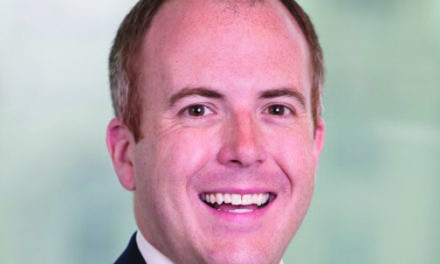Competition for talent. The need to navigate corporate layoffs. Employees’ desire to develop more meaningful careers. These are some of the themes Smeal Alumni Career Services coaches see driving the future of work.
Meanwhile, Jim Link, chief human resources officer for the Society of Human Resources Management, calls the “Big 3” of the future of work “talent, technology, and leadership.” He advises organizations to lean in to the global talent market, suggesting that recruiting across borders, culture, and time zones can create opportunities for a more diversified workforce and lead to more creative and innovative work communities.

Filling vacancies is important, but it is equally important for companies to consider how to retain their talent.
Management consulting firm Gartner recently looked at trends they call imperative for organizations to tackle as they set strategic workforce and talent goals in the year ahead. ACS coaches find that two of these trends — addressing employees’ mental well-being and moving DEI (Diversity, Equity, and Inclusion) initiatives forward despite resistance — are especially salient in the recruitment process among the Smeal graduates with whom they work.
According to Gartner, 82% of workers want corporations to see them as whole people rather than simply employees, which requires a focus on mental well-being. To meet this expectation, organizations can provide proactive rest to help their employees maintain emotional resilience and performance, offer opportunities for employees to address challenging topics without judgment, and coach managers to address and diminish conflict.
Recognizing the growing importance of personal well-being, Smeal offered alumni no-cost digital group coaching sessions through their professional development partner HumanQ last year, with coaches focused on topics such as “Human Connection and Belonging” and “Harnessing a Growth Mindset.” Participants said they appreciated the opportunity to consider their own purpose, values, and what brings them joy.
ACS coaches find that DEI is also vital to the future of work. They say organizations that take steps to bolster diversity, equity, and inclusion in the workplace should prepare for potential employee pushback by addressing any perceived opposition early in the process, before it evolves into resistance.
Gartner advises savvy leaders to ensure their DEI efforts are evident and proactive across the recruitment, acquisition, and retention process. Prospective employees are doing the same by inquiring about how DEI fits into their strategic plan and how they can see themselves in the fabric of the organization’s culture.
Alumni who register for one-on-one career coaching with ACS are asked to select if any of the three pillars of Smeal — honor & integrity, DEI, and sustainability — are inherent to their personal values and career plan. Clients routinely choose DEI efforts as a core value that must be evident in a potential employer. Coaches work with them to emphasize diversity in personal branding and help them discover companies that take meaningful action on racial and gender equity in the workplace.
As coaching clients consider their future career path, they are encouraged to ensure their values are voiced and visible throughout the job search, promotion, or transition process, which we find often leads to sustainable roles founded on meaningful and impactful work.
— Keleigh Asbury




